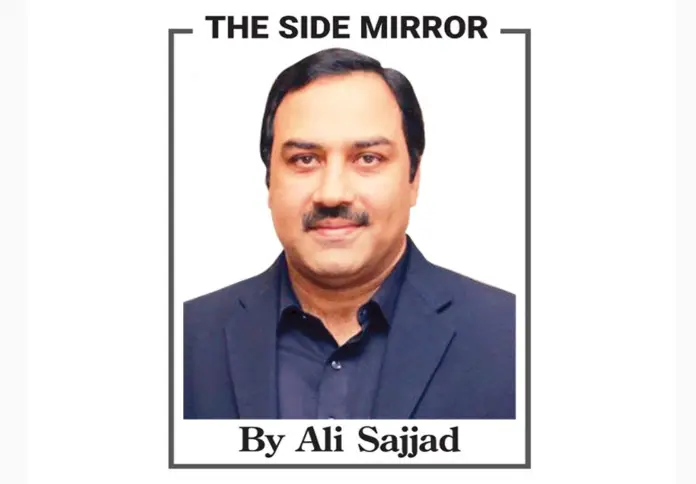When General Musharraf took over in 1999, I was among those who welcomed the move; After nine years, when he stepped down as the president of Pakistan, I was among those who welcomed his decision. Between welcoming his arrival and later celebrating his departure, several changes occurred, some good for the people of Pakistan, and some bad for the state of Pakistan.
First, his good actions.
The general’s introduction of grassroots decentralisation and people’s empowerment was his true accomplishment. He made sure that laws were in place to prevent honour killings and to empower women at all levels of government and the legislature. His other accomplishments included the passage of a law protecting women, the enfranchisement of minorities through joint electorates and reserved seats, the lowering of the voting age from 21 to 18, the promotion and liberalisation of the media through the total freedom of the press, print media, and information flow, the enfranchisement of the economy through extensive economic reforms, and record funding for the science and technology, education, and health sectors.
Gen. Pervez Musharraf’s real strength, though, was the economic revolution he brought about through economic people’s empowerment by liberating the economic system through extensive reforms, like the record allocations for the science and technology, education, and health sectors; emphasis on human resource development; consistent and advantageous policies of liberalisation, deregulation, and privatisation; economic recovery, institutional reforms, and good governance were our guiding principles. During the latter four years of his administration, his measures increased the GDP on average by 7% annually. In 2004-2005, its growth reached a new high of 9%. Large-scale industrial growth, which was 3.6% in 1999-00, increased by an average of 11.31% per year from 2000 to 2007. The highest rate of growth in this industry was 19.9% in 2004-05. Despite rising trade and current account deficits, the rate of exchange remained constant, reflecting significant inflows of external resources. Foreign exchange reserves have surpassed the $ 16 billion level, allowing the country to fund more than 31 weeks of imports, up from only 10 weeks in 1998-99.
Now, something controversies:
His economic gains were never sustained because Musharraf failed to provide the essential financial support that would have secured the sustainability of his reforms. He weakened regional governments, which enraged ethnic minorities. Musharraf reversed several of his changes in 2006 to extend his presidency, and he never genuinely supported democracy. He had no regard for his varied citizenry’s rights or multiple identities. Balochistan suffered under his leadership as a result of his dismissive rejections of long-standing Baloch aspirations for greater access to the province’s natural riches. Key political leaders who expressed those demands were labeled traitors. Thousands of Pakistani residents, police officers, spies, and soldiers were killed in retaliatory assaults as a result of the campaign against Al Qaeda.
Because he was aware of his errors, former military dictator Pervez Musharraf apologised to Pakistanis in 2010 for the errors he committed while in government.
Musharraf, who seized power in a coup in 1999, lived in exile in London and Dubai since leaving office in 2008 to avoid impeachment. He became entangled in a dispute with judges and briefly declared a state of emergency in 2007. He later admitted his popularity had dropped as a result of certain poor decisions he made in his final year in office.
He stated that he would like to take this opportunity to humbly apologise to the entire nation for those poor decisions.
“I’ve learned my lessons, and I’m certain I won’t make the same mistakes again.”
His death was followed by a flood of hate messages, as well as some people recalling his good deeds. Among these messages, my favourite was one from PML-N leader Mian Nawaz Sharif, who reacted with humility. “To Allah, we belong, and to Him, we return,” he tweeted.
Musharraf deposed Nawaz Sharif as prime minister in a bloodless coup in 1999. During Musharraf’s rule, a court condemned him to life in prison, and he was later exiled to Saudi Arabia due to the Gulf Kingdom’s interference. However, Mian Sahib has shown grace. As Musharraf demonstrated when he commuted his life sentence and allowed him to depart Pakistan for Saudi Arabia.
We will always remember you, Gen Sahib. May your soul rest in peace!






